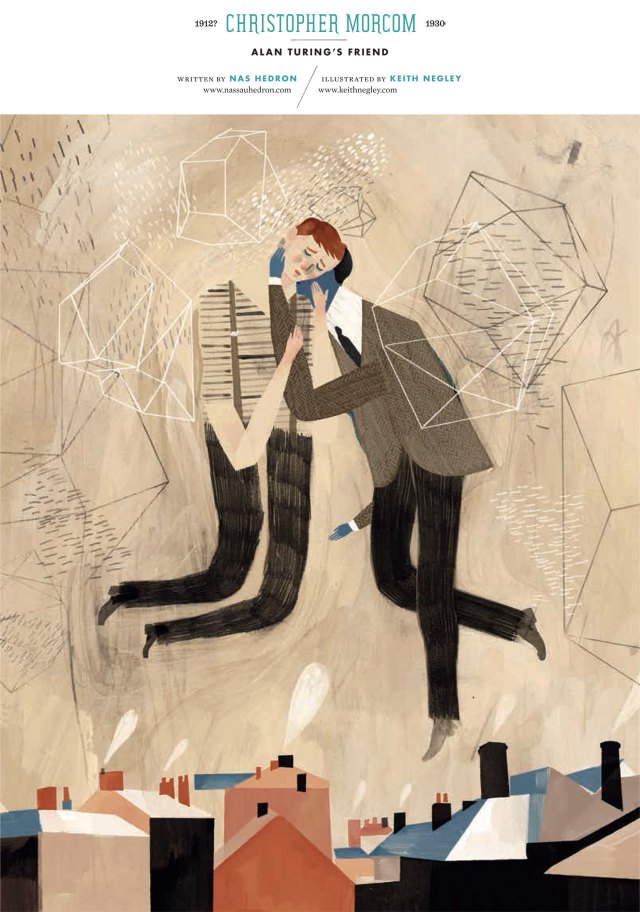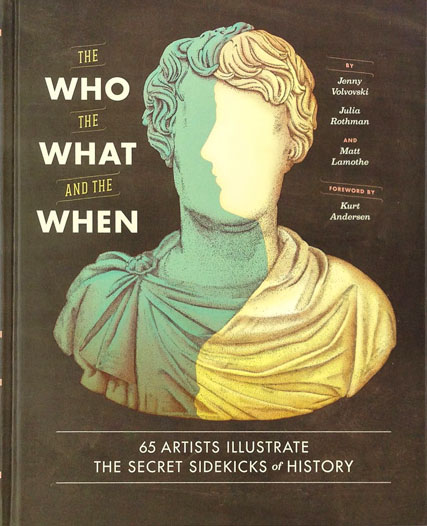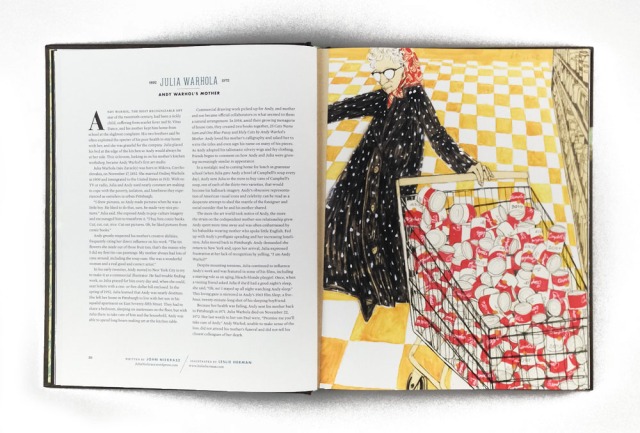Holy cats! The melodic interpretations of the Turing legacy just keep on coming.
(To catch up on previous installments, see: Hum Along to Turing and Hum Along to Turing, Part Deux)
I’ve actually got another music-related post backlogged at the moment, but since this one is time-sensitive I thought I’d better post it now. (Plus, this is a good time to mention a relevant musical freebie, which I’ll get to in a moment.)
1. Album for Bletchley Park
First, we have a brand new album of electronic music called Music by Programmers, released to raise funds for the Bletchley Park Trust and the National Museum of Computing.
Bletchley Park, of course, was where Turing and his fellow codebreakers worked during World War II (see the About Alan Turing tab if you’re new to the subject).

Bletchley Park
According to TechWeek Europe:
The National Museum of Computing and Bletchley Park Trust have announced a novel fund-raising effort to attract young people to begin studying computer programming… The aim is to raise £5,000 to be spent on parent-child maths workshops at Bletchley Park and to allow [the museum] to start a regular computer club for young people. The download will be available from 29 April from CD Baby, iTunes, Amazon MP3 And Google Play with all of the profits going towards the projects.
The album was curated by Jason Gorman, who created Apes With Hobbies, Love Songs from a Gilded Age. If you want to get an idea of Gorman’s musical sensibilities, you can download Apes for free here.
Gorman is clearly predisposed to making music that honours great minds, given that Apes open with a track called Feynman Dreams of California Nights.
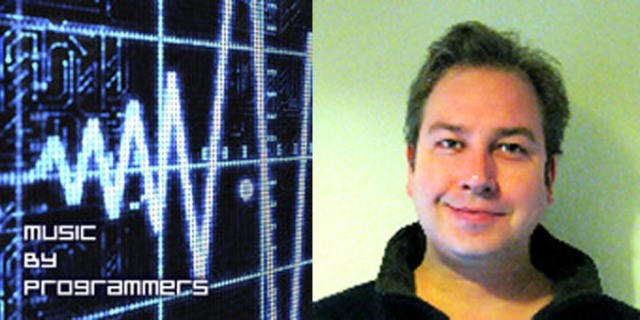
Music by Programmers and Jason Gorman
The eight tracks on the album are all original, and pay tribute to an earlier generation of electronic musicians, like Kraftwerk (still going strong), Jean-Michel Jarre (who recently released a new album), and Tangerine Dream (who have a new album out this month with awesome Queen-guitarist-cum-astrophysicst Brian May). Gorman also recorded two of the eight tracks on the album himself.
I think this is an awesome way to raise money for a great cause. You can hear samples on the iTunes web page for the album. Buy it, rate it, and pass the word.
2. The Free Bonus Album
At the outset I mentioned a free bonus album related to Turing, so here’s the scoop.
Regular readers of this page will know that, while I post here for the love of it, professionally I’m a writer and editor. I’m the non-fiction editor at International Speculative Fiction, which has published numerous award-winning authors, and I have several published works of my own.
My novel Luck and Death at the Edge of the World (Amazon.com, Amazon.co.uk, Kobo) features a sentient artificial intelligence instantiated in a synthetic human body. By its own choice it is called Alan and the body it uses is the image of Alan Turing. At the outset these choices seem trivial, but they turn out to go deeper than it first appears.
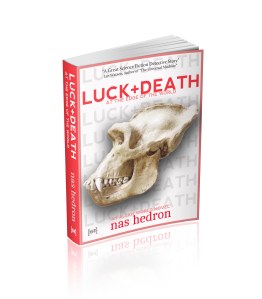
Luck + Death
As with all my books, I try to give readers of Luck + Death a lot of free stuff to go along with the story. There are bonus sections right inside the book that provide background material (including a section on Turing), and the home page (www.LuckAndDeath.com) has more bonus material and a library of free PDFs.
Well, now the novel also has a free soundtrack that you can stream or download, Luck + Death: the Soundtrack for the Movie in Your Head.
Here’s the official announcement for anyone who wants to try it out:
After much work and planning, the free soundtrack album for Luck + Death is now available. Fourteen tracks by artists in eight countries (Belgium, Brazil, Canada, China, Hungary, Sweden, Turkey, and the U.S.A.).
This is a varied array of musicians and composers, from independent musicians like guitarist Jason Brock and saxophonist Stefan Thaens, to film composer Nathan Fleet, to veteran performer John Pazdan, to classical composer (and music professor) Russell Wilson.

Styles range from dreamy electronic to jumped up funk to electronic classical, all of it spiced up with spoken word performance and bookended by field recordings from the streets of Shanghai.
Here’s a sample, track number eight:
____________________
08 Distrito Federal (Stefan Thaens, Belgium) 4:18
____________________
All tracks are available for streaming or for download as MP3s and the album comes with the choice of two different versions of the cover art, This Version (above) and That Version (below).
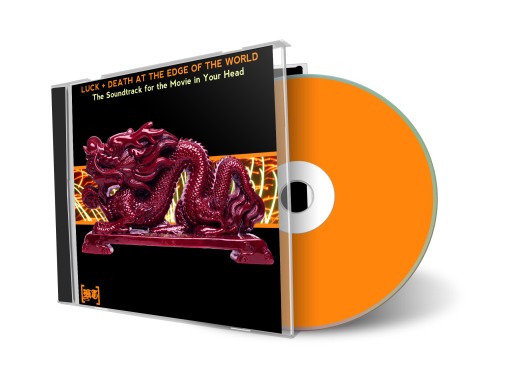
And this is a project that appreciates music as more than just a spectator sport. One track is a mix by the author called El Paraíso Perdido (Paradise Lost), which has been posted on ccMixter.org with an invitation to anyone and everyone to remix it, deconstruct it, or reinvent it.
I’ve already received one version from a ccMixter member and I know another is on the way. All mixes are posted on the soundtrack home page.
Here’s one more track to whet your appetite:
____________________
12 Dogware (Zapac, Hungary) 3:40
____________________
Curiosity piqued?
Get it here: Luck + Death: the Soundtrack for the Movie in Your Head.

